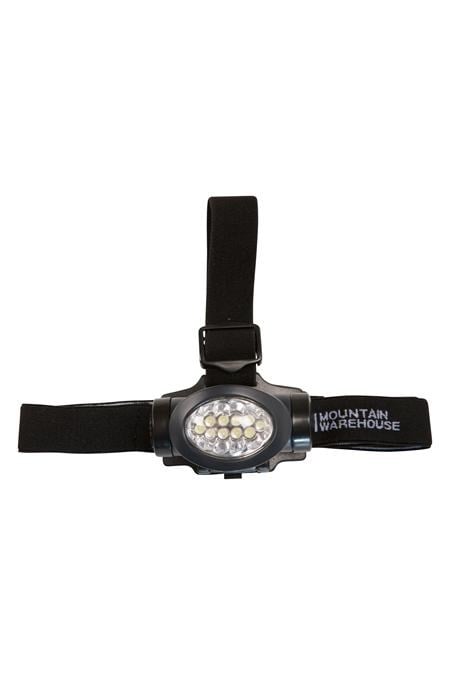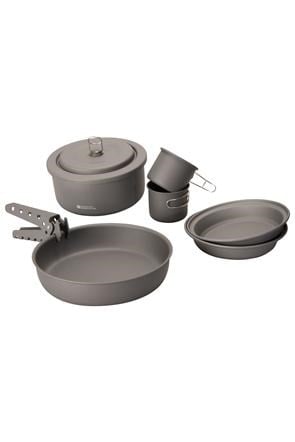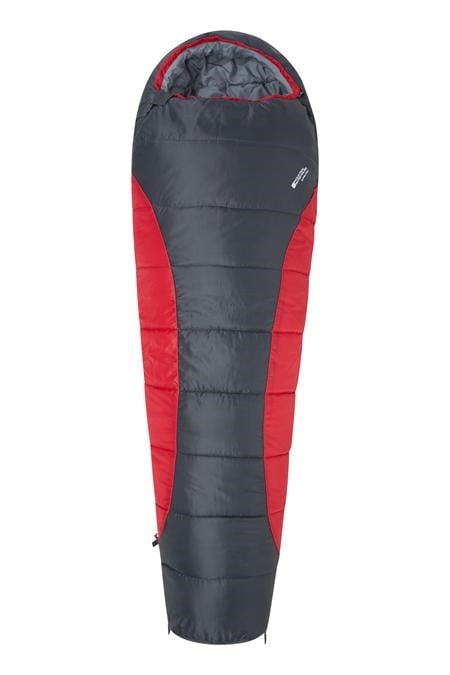
Camping Guide For Beginners
06/21/18
Camping is a fantastic way to explore the great outdoors, get some fresh air and spend quality time with friends and family. Camping can be tricky for beginners and the inexperienced so here are our top tips to make your first time camping enjoyable and stress-free.
1. Choose Your Campsite Carefully
There will be a large variety of campsites available for you to choose from. Things to look out for include whether they are considered ‘child friendly’, if dogs are allowed and the availability of facilities such as toilets and showers. As a beginner camper, it’s a good idea to book a campsite with high quality facilities and a town nearby so there are plenty of places to eat and buy supplies if you forget something.
2. Purchasing Your Tent
Tents come in all shapes and sizes and it’s important to choose one that’s right for you. When picking a tent, it’s a good idea to choose one that’s a size or two bigger than the number of people using it. This will allow enough room to store your gear in the tent and have comfortable space to sleep.
3. Purchasing Sleeping Bags
Whatever time of year you choose to camp it’s a good idea to bring a sleeping bag as temperatures can drop at night. When choosing a sleeping bag, pay attention to the season and temperature rating to ensure it will keep you at the optimum temperature for the time of year you choose to camp. Our sleeping bag guide gives an outline of all the important considerations when choosing a sleeping bag.
4. Get The Right Accessories
It's the little things that will make your camping experience as comfortable as possible. Don't forget to take plenty of camping lights and cooking equipment if you want to make your own meals.
5. Practice Pitching Your Tent
One of the most important tips for your first time camping is to have a practice pitch of the tent at home. This will ensure you know how to put up and take down the tent and any problems can be solved while you’re at home, not at the campsite!
6. Have a Practice Camp
Once you’ve had your practice pitch of the tent why not have a practice camp? Camping can be daunting for beginners but spending a night in the back yard will help you judge the amount of layers you’ll need to wear and if your equipment is adequate.
7. Setting up at the Campsite
When setting up your tent, try to pitch it in an area where the ground is level and clear of any debris which could cause damage to your tent. Always put the back of the tent to the wind to give it more stability and put your pegs into the ground at a 45 degree angle.
8. Make a Camping Essentials List
Camping for beginners can be a challenge, particularly when you’re not sure of the type of equipment you need. Making a list of all the equipment you need will help you plan out what you already have and what extra equipment you need to purchase.
9. Plan Your Meals Beforehand
Planning what you’re going to eat and how you’re going to cook it can save a beginner camper a lot of time and hassle. Check campsite rules to see if you’re allowed campfires and research the local area for restaurants where you can eat if things don’t go to plan!
10. Make Your First Trip a Short One!
You don't need to head off for a whole week the first time you camp. A short camping trip won't be as daunting as a longer one and will give you the chance to fix any issues or problems.
11. Camp Close to Home
Similarly, if you camp close to home there is always the option of returning if the conditions aren't favourable.
Camping for beginners can be exciting and memorable if you get it right. Follow these tips and your first camping trip is sure to be a success!
Share It!

Shop The Mountain Warehouse Camping Range






